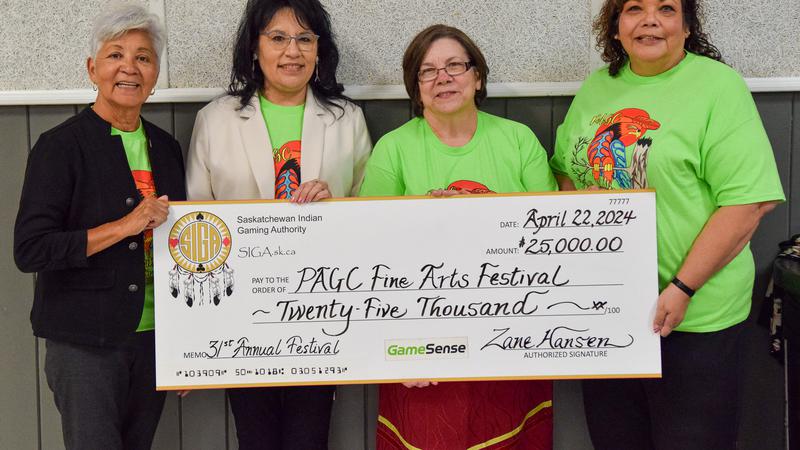
Indigenous group calls for judicial review of country’s prisons, incarceration policies
A group representing Indigenous people is calling on the Correctional Service of Canada to conduct a judicial review into all its policies at the country’s prisons.
One of the more contentious issues is the time prisoners are spending in solitary confinement. Kim Beaudin, national vice chief of the Congress of Aboriginal Peoples (CAP), told paNOW any period of time in solitary longer than two weeks is considered torture.
“Unfortunately there’s been a number of people that have committed suicide within the system itself. I believe that in the last couple months in Saskatchewan alone there were two people held in provincial correctional centres [who have died by suicide], and two as well in the federal institution,” he said.
On November 30, 2019, a new correctional model which included structured interventions units (SIU), was introduced which eliminated administrative segregation. Last August a panel of experts, convened to investigate the use of the SIUs and released a scathing report detailing how their work was obstructed, undermined and blocked by Correctional Services Canada (CSC).


